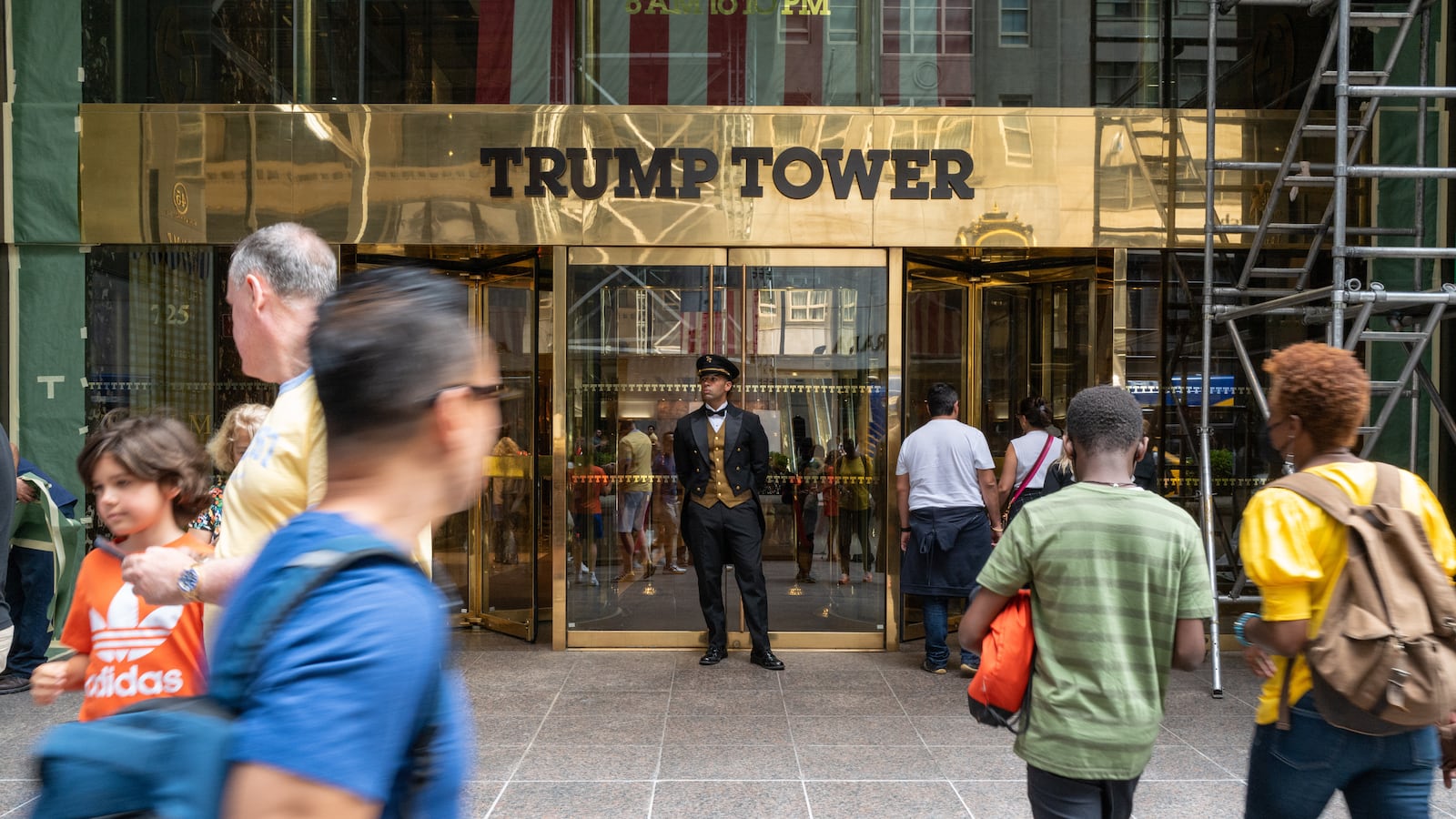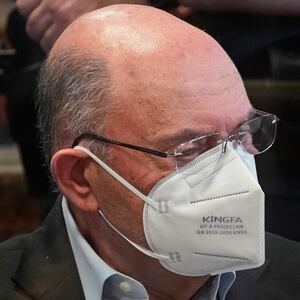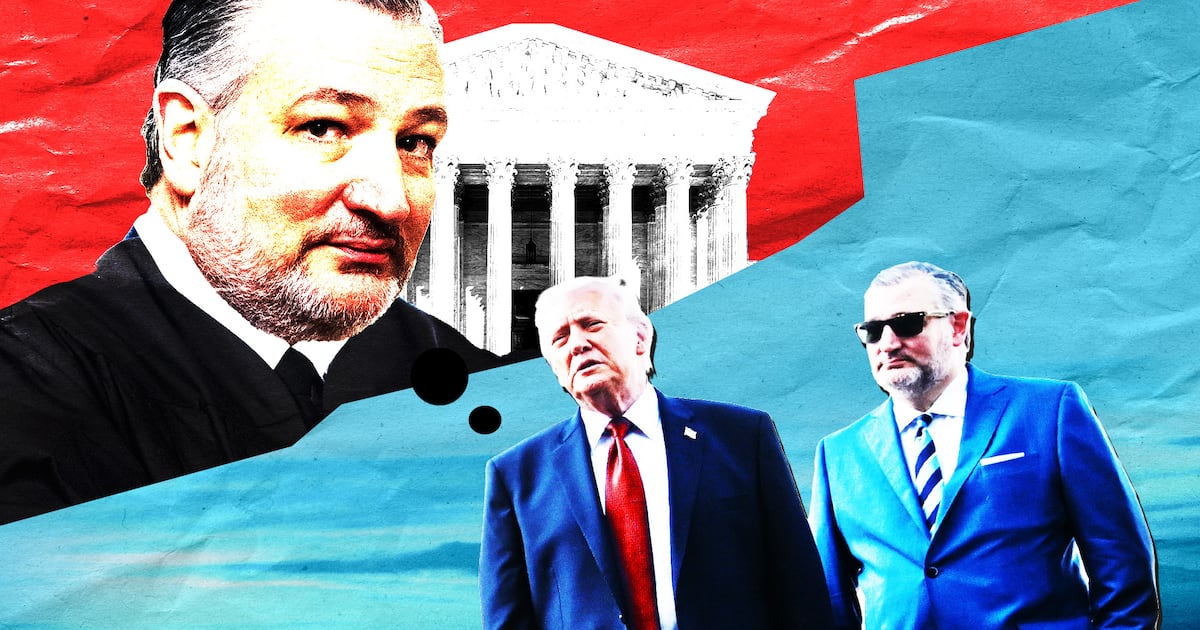A New York state judge on Wednesday reversed her own decision to keep journalists out of the start of the Trump Organization’s upcoming trial, where the company will defend the way its corporate security guards beat up protesters on Manhattan’s Fifth Avenue.
Bronx Justice Doris M. Gonzalez, reading her opinion in court, said, "closure of the courtroom to the press means closure of the courtroom to the public, and implicates statutory and constitutional concerns… jury selection is an integral part of the trial.”
Earlier in the hearing, Gonzalez indicated that she feels jurors don’t need to be hidden away from the public when they answer questions about their beliefs in court.
"It's the Bronx. Bronxites don’t have an issue telling their truth," Gonzalez said with a smile.
On July 25, the judge made the puzzling decision to bar reporters from being present during the trial’s jury selection, according to a court filing. Gonzalez, who serves as the administrative judge of Bronx County’s civil court, said the proceedings would happen in “private.” That spurred journalists in the room to ask if she would reconsider, but they were denied the ability to speak up in court—or even submit handwritten letters. That, in turn, prompted National Public Radio to ask a lawyer to intervene.
Last Wednesday, media attorney Robert D. Balin submitted a letter to the judge requesting a special hearing. In his letter, he recounted how his attempts to formally enter the court case were rebuffed when a judge’s clerk inexplicably referred him to a court spokesman.
“The Court’s directive that voir dire in this case be closed violates the First Amendment
right of public access and is also procedurally deficient,” Balin wrote.
On Friday, Gonzalez ordered attorneys to show up the following week to discuss the matter.
The upcoming trial is the result of a years-long battle to finally drag the Trump company into court, something he was able to put off for years during his presidency. The case centers around the way protesters—angry at his infamously racist remarks when he declared his candidacy in June 2015 and called Mexicans “rapists”—showed up outside Trump Tower weeks later. Although they remained on a public street, Trump Organization security guards walked outside and attacked them.
The case would otherwise be an unremarkable one, were it not for the fact that lawyers for Efrain Galicia and the protesters managed to get former President Donald Trump to testify at a closed-door deposition where he unleashed a barrage of embarrassing and ridiculous statements about his unfounded fear of flying fruit and oddly admitted that he personally oversaw the pay of an executive who was under investigation for receiving untaxed company perks.
Trump claimed he knew little about the way his security guards roughed up the protesters, but his one-time consigliere, Michael Cohen, made a surprise appearance as a witness late in the case and said Trump lied.







